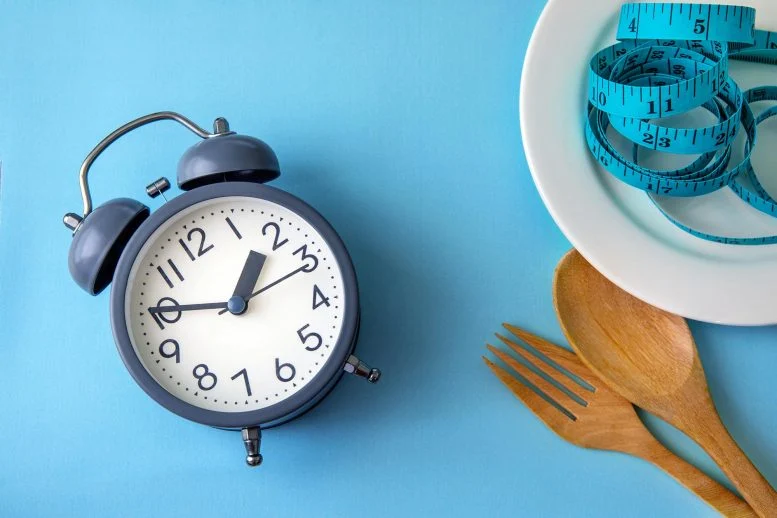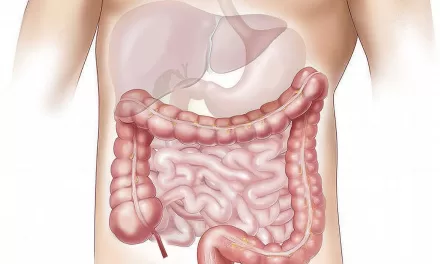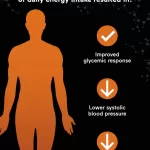A groundbreaking study by the Universitat Oberta de Catalunya (UOC) and Columbia University has revealed that consuming over 45% of daily calories after 5 p.m. can negatively impact metabolic and heart health. Published in Nutrition & Diabetes, the research highlights that late eating disrupts glucose metabolism, posing significant risks to individuals’ health, regardless of their weight or body composition.
Late Eating and Glucose Levels
The study was led by Dr. Diana Díaz Rizzolo, a postdoctoral researcher at UOC. It involved 26 participants aged 50-70 who were overweight or had prediabetes or type 2 diabetes. Participants were divided into two groups: early eaters, who consumed most of their calories before 5 p.m., and late eaters, who consumed at least 45% of their calories after that time. Both groups followed identical calorie and food consumption patterns.
The findings showed that late eaters experienced poorer glucose tolerance, even though their diets and caloric intakes were identical to those of early eaters. This suggests that the timing of food intake, independent of other factors, plays a critical role in glucose metabolism.
Dr. Díaz Rizzolo explained that the body’s ability to process glucose declines at night due to the circadian rhythm. “At night, insulin secretion is reduced, and our cells are less sensitive to it,” she said. This disruption can lead to chronically high glucose levels, increasing the risk of type 2 diabetes, cardiovascular disease, and chronic inflammation.
Why Timing Matters
Previous assumptions about late-night eating primarily linked it to weight gain, as people tend to choose ultra-processed or high-calorie foods during evening hours. However, this study shifts the focus to the physiological impacts of eating late, showing that it can harm glucose regulation independently of calorie quality or quantity.
The research underscores the importance of eating at the right times. “Personal nutrition decisions have traditionally focused on how much and what we eat. This study introduces a third factor: when we eat,” said Dr. Díaz Rizzolo.
Recommendations for Healthier Eating
In light of these findings, the researchers recommend consuming the majority of calories earlier in the day, particularly during breakfast and lunch. They also advise avoiding high-carbohydrate and ultra-processed foods in the evening to support better glucose tolerance and overall health.
While further research is necessary to deepen understanding, the study provides compelling evidence that meal timing is a critical component of cardiometabolic health.
Reference:
“Late eating is associated with poor glucose tolerance, independent of body weight, fat mass, energy intake and diet composition in prediabetes or early onset type 2 diabetes” by Diana A. Díaz-Rizzolo et al., Nutrition & Diabetes, DOI: 10.1038/s41387-024-00347-6.











